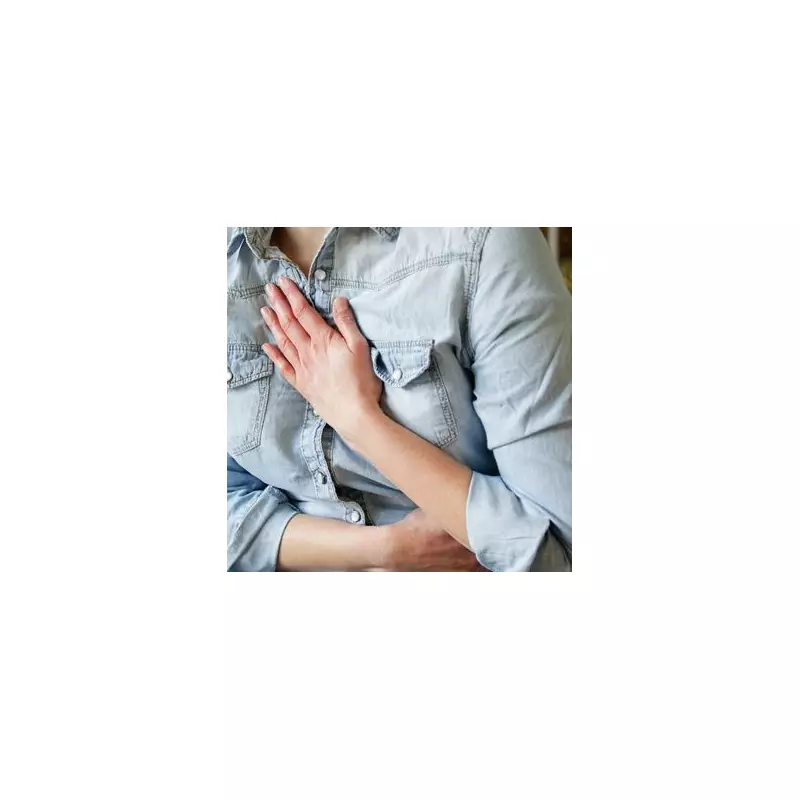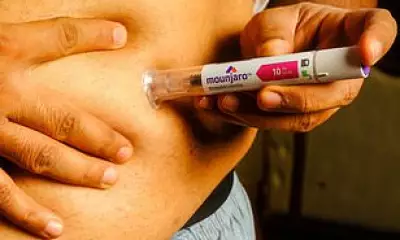
As winter tightens its grip, sore throats become an unwelcome companion for many across the UK. While the instinct is to reach for a quick fix from the pharmacy, consumer champions at Which? and leading medical experts are urging people to reconsider two popular remedies that may be ineffective and a waste of money.
Which Remedies Should You Avoid?
According to an investigation by Which?, some widely available products simply aren't worth the investment. Professor Nirmal Kumar, a consultant ENT surgeon and former president of ENT UK, confirms that you don't need to buy expensive solutions. Simple home remedies can be just as effective at relieving symptoms.
The first remedy to question is medicated lozenges. Professor Kumar explains that you don't need a specialised product. "Any old hard sweet and a painkiller will also do the trick," he states. The act of sucking increases saliva production, which naturally soothes the throat.
The second is antiseptic sprays. The NHS itself has weighed in, stating that "there's little proof they help when used on their own." This suggests that any benefit felt might be minimal at best.
Effective and Affordable Alternatives
So, what actually works? Both Which? and the NHS recommend several proven methods that are easy on your wallet.
Gargling with warm, salty water is highly recommended. The NHS advises that this not only soothes the pain but can also help shorten the duration of the sore throat. The recipe is simple: half a teaspoon of salt dissolved in 150ml of warm water. Gargle for 30 seconds, three times a day. Note that this is not suitable for young children.
Reaching for paracetamol or ibuprofen is another effective strategy. Professor Kumar confirms these over-the-counter painkillers "will reduce the soreness and feeling of illness." Crucially, generic or budget versions work just as well as expensive branded options, potentially saving you a significant amount.
Don't underestimate the power of simple comforts. Sucking on a hard sweet, as mentioned, is helpful. Furthermore, sucking on something cold like an ice cube or an ice lolly can temporarily numb the pain. Even eating ice cream can provide relief, though moderation is key for dental health and sugar intake.
A warm honey and lemon drink is a time-tested favourite endorsed by the NHS. The honey helps lubricate a scratchy throat. However, it's important to avoid very hot drinks, as the National Institute for Health and Care Excellence (NICE) warns that extreme heat can exacerbate the pain.
When to Seek Medical Help
Most sore throats are viral and will clear up on their own within a week. Which? stresses that the goal of remedies is to ease discomfort while your body fights off the infection.
However, the NHS advises contacting your GP in specific situations. You should seek medical advice if your sore throat does not improve after a week, if you get them frequently, or if it's accompanied by a persistent mouth ulcer or a lump in your neck. For children under five with a sore throat, it is always best to consult a doctor.
Finally, good hygiene remains the best defence. Thorough hand washing with soap and water for at least 20 seconds, especially after coughing or sneezing, can help prevent the spread of the germs that cause sore throats.






